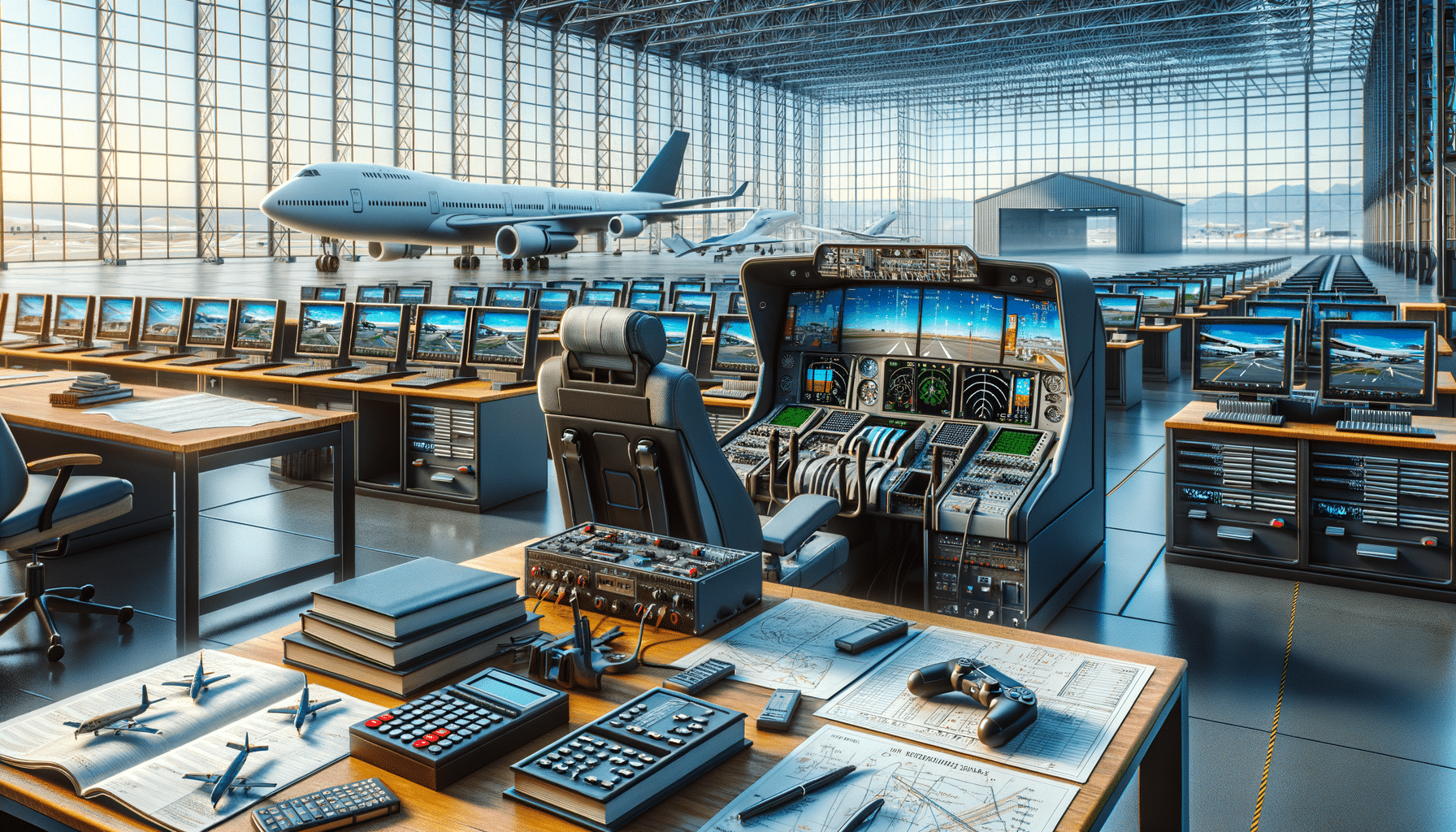
Start Your Career in Aviation in the United Kingdom – Training Opportunities for Everyone!
Understanding the Basics of Aviation Training
Aviation training is a comprehensive process designed to equip individuals with the skills and knowledge necessary to operate aircraft safely and efficiently. It encompasses various aspects, including ground school, flight training, and simulator sessions. Ground school provides the theoretical foundation, covering topics such as aerodynamics, navigation, meteorology, and aviation regulations. This phase is crucial as it prepares trainees for practical flight training.
Flight training involves hands-on experience in controlling an aircraft under the guidance of a certified instructor. Trainees learn to handle different flight conditions, execute maneuvers, and respond to emergencies. Simulator sessions, on the other hand, allow trainees to practice in a virtual environment, enhancing their decision-making skills without the risks associated with real flights.
In the UK, aviation training is regulated by the Civil Aviation Authority (CAA), ensuring that all programs meet strict safety and quality standards. This regulatory framework helps maintain the high safety record of the aviation industry, making it one of the most secure modes of transportation.
The Path to Becoming a Pilot
Becoming a pilot is a dream for many, and the path to achieving this goal involves several steps. The journey typically begins with obtaining a Private Pilot License (PPL), which allows individuals to fly for recreational purposes. The PPL course includes a minimum of 45 hours of flight training, including solo flights and cross-country navigation.
For those aspiring to fly commercially, the next step is acquiring a Commercial Pilot License (CPL). This requires additional flight hours and more advanced training, focusing on commercial operations and multi-engine aircraft. The CPL opens doors to various career opportunities, including airline transport, charter services, and flight instruction.
Finally, aspiring airline pilots must obtain an Airline Transport Pilot License (ATPL). This is the highest level of pilot certification and involves rigorous training and exams. The ATPL is essential for commanding large passenger aircraft and requires a minimum of 1,500 flight hours.
The UK offers numerous flight schools and training centers, each providing tailored programs to meet the diverse needs of trainees. Whether you’re starting from scratch or looking to upgrade your skills, the UK aviation training landscape offers a pathway for everyone.
Career Opportunities in Aviation
The aviation industry offers a wide range of career opportunities beyond piloting. Many individuals find rewarding careers in air traffic control, aircraft maintenance, aviation management, and cabin crew positions. Each role plays a vital part in ensuring the smooth operation of flights and the safety of passengers.
Air traffic controllers are responsible for managing aircraft movements on the ground and in the air, ensuring safe distances between planes. This role requires excellent communication skills, quick decision-making, and the ability to work under pressure.
Aircraft maintenance engineers ensure that aircraft are in optimal condition. Their work involves regular inspections, repairs, and compliance with safety regulations. This career path is ideal for those with a passion for mechanics and engineering.
Aviation management positions involve overseeing airport operations, airline management, and logistics. These roles require strong leadership skills and a deep understanding of the aviation industry.
Lastly, cabin crew members are the face of airlines, responsible for passenger safety and comfort. This role demands excellent customer service skills and the ability to handle emergencies calmly.


